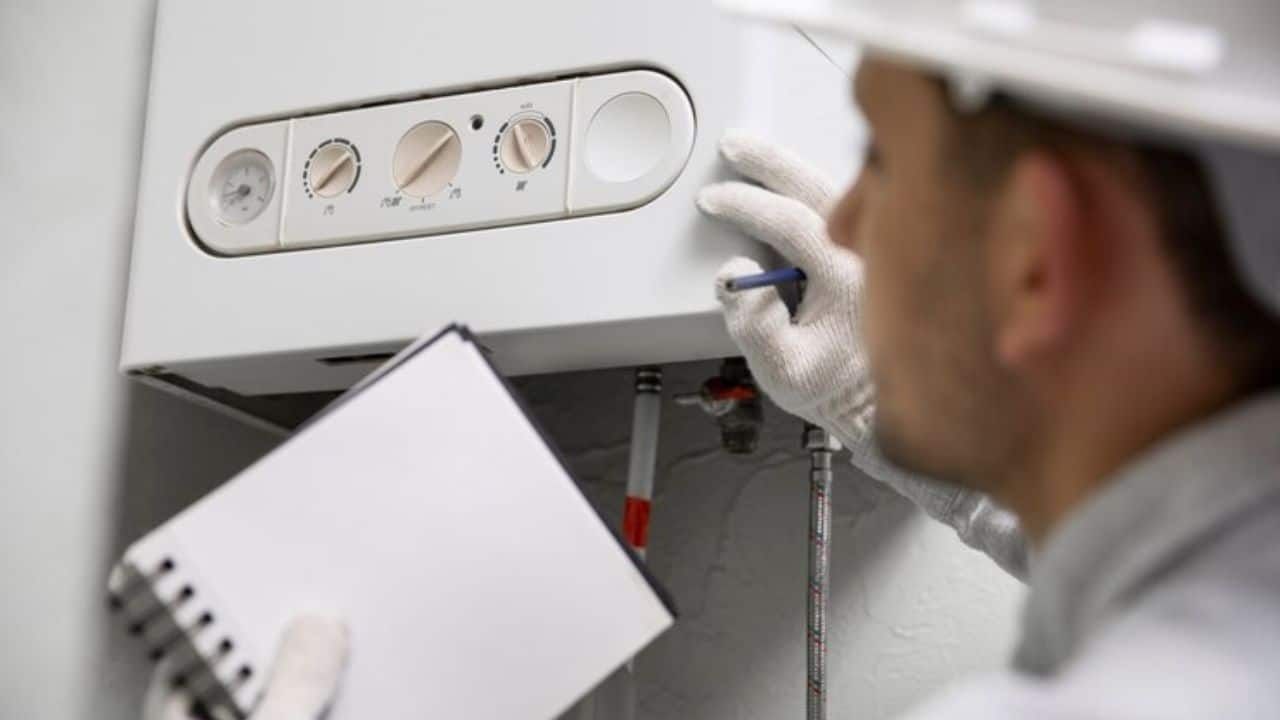In today’s business landscape, prioritizing energy efficiency has become crucial. It’s essential to examine how different appliances affect energy usage, as commercial water heaters are often overlooked. Despite their role compared to larger energy-consuming equipment, commercial water heaters hold significant importance in overall energy efficiency efforts. This blog delves into the role of water heaters in enhancing energy efficiency and provides insights into critical factors to consider when selecting one.
Appreciating the Significance of Commercial Water Heaters
Commercial water heaters supply water in hotels, restaurants, hospitals, and office buildings. Due to their need for water throughout the day, these heaters consume considerable fuel or electricity. Therefore, evaluating their efficiency and reducing waste is paramount.
Innovative Design Elements
Modern commercial water heaters boast design features that enhance energy efficiency. These include insulation, tankless systems, enhanced heat exchangers, and advanced controls. Adequate insulation minimizes heat loss from the tank, reducing the energy needed to maintain temperatures. Tankless systems heat water as needed instead of storing it in a large tank, eliminating standby heat loss and significantly boosting efficiency.
Selecting Energy-Efficient Models
When choosing a water heater, businesses should consider its energy factor (EF), which measures its overall efficiency. A higher EF rating indicates efficiency and lower operating costs. It’s also crucial to consider whether the heater should be gas or electric based on availability and price depending on the location.
Regular Maintenance and Operation Practices
Getting the right size of water heater is critical to maximizing energy efficiency. An oversized unit can lead to energy waste by producing more heat than needed. On the other hand, an undersized one may struggle to meet hot water demands during peak times, causing discomfort for users. Consulting with a professional can help determine the size based on usage needs, peak demand, and recovery time.
Financial Benefits of High Energy Efficiency
Regular maintenance and proper operation practices are essential for water heaters to maintain energy efficiency over time. Conducting inspections to detect leaks and address problems promptly is crucial. Addressing scaling or mineral buildup regularly is also essential, as they can decrease efficiency over time. Encouraging consumers to follow practices such as setting thermostats at recommended levels, minimizing hot water waste, promptly fixing leaks, etc., can significantly reduce energy consumption and lead to substantial cost savings, empowering businesses to make informed decisions.
The Environmental Impact of Commercial Water Heaters
The financial benefits of energy efficiency extend beyond being environmentally friendly. Upgrading to a commercial water heater can lead to significant long-term cost savings for businesses. By optimizing energy usage, businesses can enjoy lower utility bills over time, which more than compensates for the investment in upgrading or installing efficient water heating systems.
Water heaters’ energy consumption can have a significant environmental impact. This section will explore the greenhouse gas emissions linked to water heaters and highlight how opting for energy-efficient models can help reduce carbon footprints. It will also touch on the importance of considering energy sources when choosing a water heater, motivating businesses to take responsibility for their environmental impact and make choices that reduce their carbon footprint.
Government Incentives and Regulations Promoting Energy Efficiency
Governments worldwide have recently introduced incentives and regulations to promote energy efficiency. This section will detail some of these initiatives, such as tax credits, rebates, and energy efficiency standards for water heaters. By taking advantage of these opportunities, businesses can cut down on operating costs and contribute to building a more sustainable future.
The Future of Commercial Water Heater Technology
The future of commercial water heater technology is poised for innovation, with advancements in energy efficiency, intelligent controls, and eco-friendly designs. To power these systems, expect a shift towards renewable energy sources, such as solar and geothermal. Enhanced connectivity will enable remote monitoring and predictive maintenance, ensuring optimal performance and reducing business operational costs. This exciting future of commercial water heater technology offers businesses the opportunity to embrace innovation and sustainability, leading to a more optimistic outlook.
End Note
Commercial water heaters promote energy efficiency across businesses and facilities. Organizations can maximize responsibility and cost savings by making informed decisions about their design features, size options, fuel sources, regular maintenance, and operational practices. Prioritizing energy-efficient solutions in this overlooked operational aspect allows businesses to progress toward achieving their sustainability objectives while reaping long-term economic advantages.



































